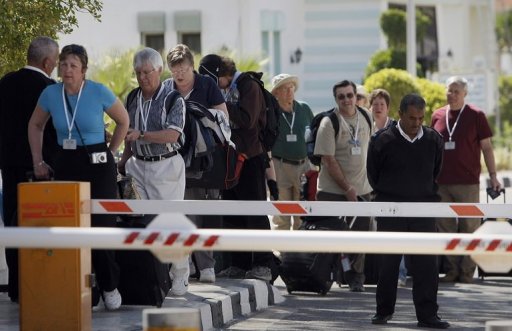PALM BEACH GARDENS, Florida: Palestinians and Israelis are locked in a relationship of deep mistrust. A credible outside force must intervene to break up an enduring cycle of despair. In the foreseeable future, there seems to be no Middle East miracle cure, spontaneous recovery, inspiration, powerful leadership or any of those signs of self-generated breakthroughs.
The paradigm of conflict resolution must shift from endless ego massaging, exhaustive pre-bargaining and limitless cajoling to direct US endorsement of a specific peace plan: 1967 borders, a plan for refugees, a shared Jerusalem, future of Israeli settlements, land swap measures, security guarantees for Israel and dimensions of a viable Palestinian state.
Negotiations will start bearing fruits when Arabs and Jews shed anachronistic ideas on forging peace. Since neither side is likely to relinquish hard-line attitudes, the American administration, as a trusted broker of peace, should propose the final outcomes of a two-state solution.
In the Arab-Israeli conflict, what is a dream for one side is a nightmare for the other. Palestinians still dream of fulfilling the right of return of their refugees to Israel proper. Meanwhile, Israel urges the international community to “license its Jewish character as a state.
Imagine the impact of exact Palestinian justice: the return to Israel of several million refugees. Would not this sudden and massive influx of new Arab residents overwhelm Israeli society? Then imagine the impact of affirming Israel as a Jewish state: the sanctioning of the social inferiority of 1.5 million Israeli Arab citizens.
Peace-makers must figure out how to reconcile the rights of refugees with Israel’s right to exist. Moreover, future peace arrangements must reconcile the rights to a Jewish, democratic homeland with the rights of the non-Jewish citizens to equality.
Justice does not necessarily mean reversal of problematic events. In fact, the return of several million refugees to an already crowded Israeli society may not do adequate justice to either Palestinians or Israelis. However, reintegrating a segment of the refugee population into a future Palestinian state would be natural and suitable.
Palestinians would not be abandoning justice when they invest in the development of a hopeful future for their refugees. But to be symbolically sensitive, Israel must acknowledge the suffering they have caused Palestinians in displacing them across borders. Such Israeli acknowledgement would help the refugees to partially overcome their loss as they think of alternatives.
Moreover, a substantial withdrawal of Israeli settlers from the West Bank and East Jerusalem would partially compensate for barring Palestinians from returning to Israel proper, which still remains the “historic Palestine to many Arabs.
Finally, a comprehensive empowerment plan addressing the future of Palestinian refugees who live in Jordan, Lebanon, Syria and elsewhere would go a long way to addressing justice. Such a plan should be designed by representatives of the Palestinian refugees and approved by the Arab states. On an unprecedented scale, Israel, the Western world and the rich Arab countries should participate in the funding of an empowerment program that will insure all refugees a decent life with ample social opportunity, security, economic prosperity and full citizenship in settlement countries.
In a lasting agreement, Israelis will have to compromise too. In a secular state, Israelis would not be sacrificing security by ensuring equality to non-Jewish citizens.
Religious states do not thrive. There is no reason to believe that Israel would be an exception. In such a unique state, Israel would have to be able to protect freedom and equality from the corrosive elements of a triumphal religious political culture. As a Jewish state Israel will never be able to maintain peace or democracy; its Muslim and Christian minorities would be marginalized, regardless of how secular social life in Israel is. Only a fully secular state would be able to build a modern Israeli society.
Notwithstanding international law on the rights of return of Palestinians to their homeland and the competing rights of Israel to survive, peace between Arabs and Israel can only be achieved through brokered consensus. To end the mutual fear that paralyses the peace process, a US- sponsored plan must demonstrate how peace would insure the emergence of a viable Palestinian state and guarantee a secure secular and democratic Israel.
Dr. Ghassan Rubeiz ([email protected]) is an Arab-American commentator on issues of development, peace and justice. He is the former secretary for the Middle East of the Geneva-based World Council of Churches. This article is distributed by the Common Ground News Service (CGNews) with permission from The Daily Star.

